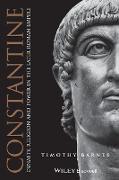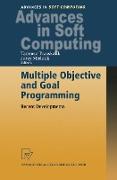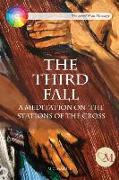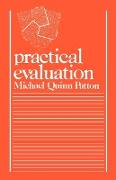Constantine
BücherAngebote / Angebote:
Summing Up: Essential. Upper-division undergraduates and above." (Choice, 1 January 2012)
"I would recommend a careful reading of this book to anyone who wants to discover what we really know about Constantine." (Open House, 1 April 2012)
"Barnes' hypothesis, that Constantine pursued aggressively Christian policies, is sustained through a point-by-point summation of four decades of scholarship, and vindicated by the latest innovative research. This is a powerful, polemical, and persuasive book."
--Paul Stephenson, University of Durham
"Thirty years after Constantine and Eusebius, Tim Barnes has rejoined the fray of Constantinian studies. Armed with fresh evidence and characteristic vigor, blending biography, politics, and religion, Barnes has once again set the agenda for debate on topics central to the history of the later Roman world."
--Dennis Trout, University of Missouri
Depictions of Constantine and his actions have varied widely, with modern portrayals ranging from the pious Catholic emperor depicted by Cardinal Baronius in the 16th century to the 19th century Hegelian interpretation of Constantine as an ancient Napoleon. Barnes argues that most modern representations of Constantine are rarely based on an evaluation of the relevant ancient evidence, but instead usually reflect the predilections of their creators.
In this new and exciting investigation, Barnes develops his interpretation of the emperor first set out in his Constantine and Eusebius (1981). He is now able to strengthen his arguments and conclusions in light of the emergence of new evidence and recent research. These include especially Peter Weiss's convincing interpretation of the vision of Constantine in 1993, and Kevin Wilkinson's more recent re-dating of the poet Palladas to the reign of Constantine, which disproves the predominant scholarly belief that Constantine remained tolerant in matters of religion to the end of his reign. Barnes also investigates the marriage of Constantine's parents, Constantine's status both as a crown prince in the reign of Diocletian and as his father's legitimate successor as emperor in 306, and the dynastic politics of his reign.
Folgt in ca. 15 Arbeitstagen




